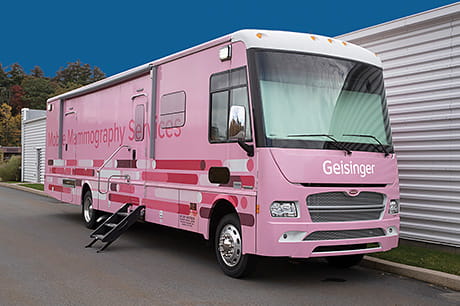Can UTIs go away on their own?
Here’s what you need to know about urinary tract infections.
A urinary tract infection, or UTI, is an infection in any part of your urinary system, which includes the kidneys, bladder, ureters and urethra. UTIs can be painful, but they’re also very common. In fact, over three million cases are reported in the United States each year.
If you suspect you have a UTI, also known as a bladder infection, here’s what you need to know about confirming your diagnosis and seeking treatment.
Common UTI symptoms
The telltale signs of a UTI include pain in the pelvis, abdomen and genitals as well as increased urge to urinate, painful urination or blood in the urine.
Other possible symptoms include fatigue or fever, discoloration or odor in the urine, trouble emptying the bladder or bladder spasms.
Can a UTI go away on its own?
If you’ve got any UTI symptoms, it’s time to call your doctor. To confirm your suspicions, they’ll likely ask for a urine sample to test for an infection.
“A UTI is a condition that calls for medical oversight,” says Dr. Juan Manuel Arreguin, OBGYN and director of women’s services for Geisinger’s northeast region. “Most require a short course of antibiotics to treat, which means you need a prescription. However, once you’re taking an antibiotic, the infection usually clears quickly. If it doesn’t, contact your doctor.”
Though minor UTIs can resolve on their own, untreated infections can spread to other parts of the body, such as the kidney, which can be potentially life-threatening.
“If your symptoms begin to worsen or the pain travels to your abdomen, your infection may be spreading and this requires immediate treatment,” notes Dr. Arreguin. “This is especially concerning for pregnant women, so it’s best to contact your doctor right away if you suspect you have a UTI.”
Do women get UTIs more than men?
UTIs are most common in women, with nearly 40 percent experiencing the condition at least once in their lifetime. Women are four times more likely than men to come down with the infection.
“Women are more susceptible to UTIs due to differences in their anatomy,” explains Dr. Arreguin. “Urinary tract infections occur when bacteria are able to reach your urethra and, from there, travel up to your bladder.”
In many cases, the bacteria spreads from the anus, which is in closer proximity to a woman’s urethra than a man’s, which means having sex can also introduce bacteria into your urinary tract.
“Additionally, a man’s urethra is much longer so bacteria often aren’t able to access the bladder,” adds Dr. Arreguin.
However, as men age, they do become more prone to UTIs, especially if they have issues with their prostate.
Tips to prevent a UTI
UTIs are very preventable with proper self-care and hygienic habits.
For example, going to the bathroom immediately — rather than holding it — prevents a build-up of urine in the bladder that can house bacteria. Additionally, wiping from front to back after using the toilet and avoiding tight underwear or clothing that can increase bacteria growth will also lower your risk of developing a UTI. Routine post-sex hygiene can help reduce your risk, too.
“Drinking plenty of water will put you on a healthy bathroom cycle,” says Dr. Arreguin, “which is important, because urination flushes out the urethra and prevents the spread of bacteria.”
On the other hand, there are some health conditions that may increase your risk of UTIs.
Menopausal and perimenopausal women experience a decrease in estrogen production, which thins the tissue and can make it harder to fully empty the bladder. And those with diabetes also experience a higher risk of UTIs, as bacteria thrive in bodies with a high blood sugar level.
“If you have an increased risk of UTIs due to a medical condition or medication, it’s important to communicate with your doctor and practice good hygiene and bathroom habits,” adds Dr. Arreguin.
Next steps:
Meet Juan Manuel Arreguin, MD
What does the color of your urine mean?
5 things women should do to stay well all year





